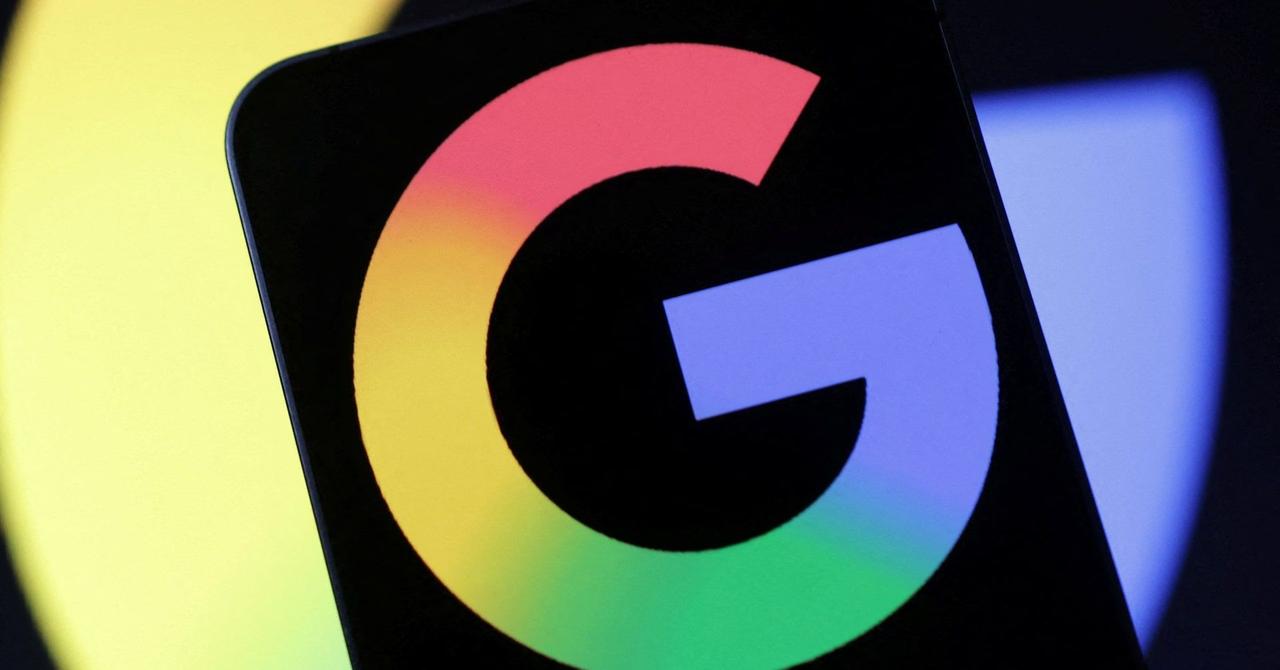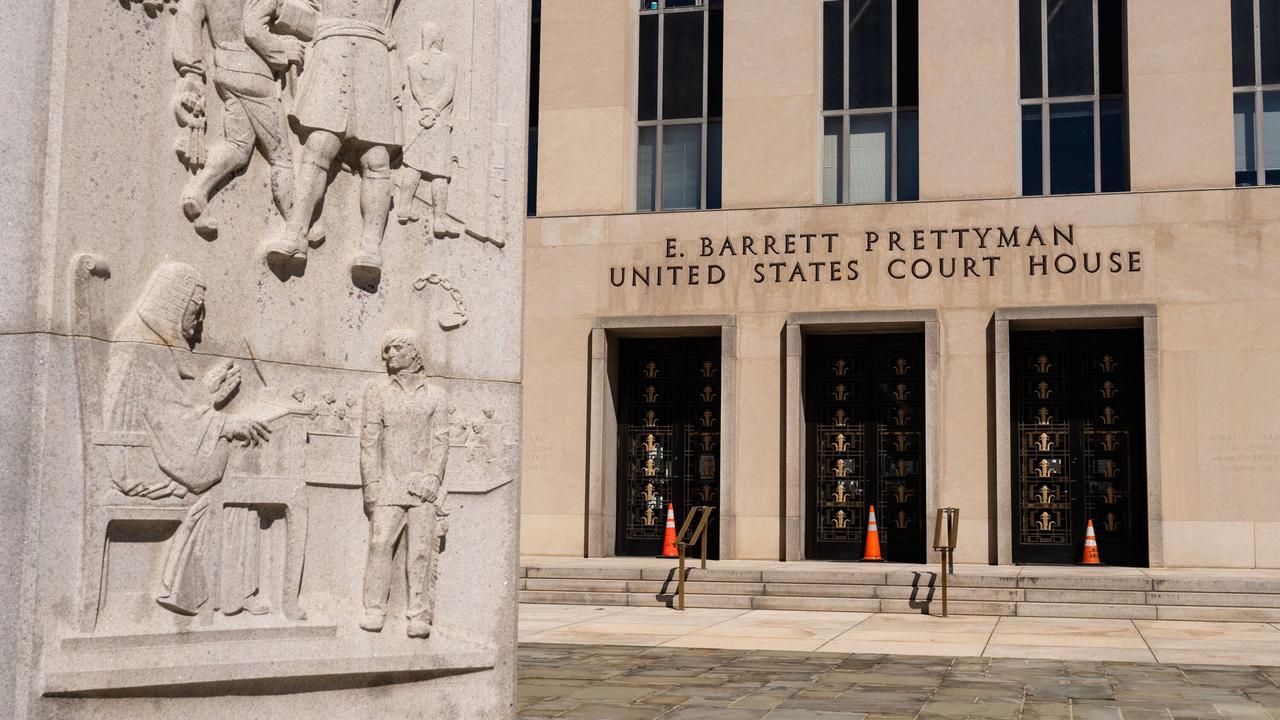Google's Monopoly Punishment: Judge Sets December Deadline for Remedies
2 Sources
2 Sources
[1]
Judge reveals when Google will receive its punishment for abusing monopoly power
Earlier last month, a US federal judge ruled that Google held a monopoly over the search industry and abused its power to maintain it. The lawsuit that Google lost claimed the company acted illegally to keep its grip on the search industry, which involved paying other big tech giants such as Apple, Samsung and Mozilla billions of dollars per year to stay as the default search engine on their respective phones and browsers. US Federal Judge Amit P. Mehta found Google to be guilty of violating Section 2 of the Sherman Act, and has now given an update on the company's punishment. According to reports from The New York Times, a federal judge will deliver the punishment for Google by August 2025, and in the meantime, Judge Amit P. Mehta has asked prosecutors from the Justice Department and states to submit proposals on how to remedy the problem. Prosecutors have until the end of the year to submit proposals for Google's remediation, and after that, Judge Mehta will hold a new trial to hear evidence on how to move forward. Furthermore, Judge Mehta said he would be taking into account the seemingly exponentially changing landscape of the technology industry and would take into extremely competitive technologies such as artificial intelligence chatbots, such as the ones created by OpenAI and Microsoft, into account when making his decision on Google's punishment.
[2]
Google search monopoly US case remedies to come by December
The U.S. Department of Justice plans to issue an outline by December on what Alphabet's Google must do to restore competition after a judge earlier found the company illegally monopolized the market for online search, prosecutors said at a court hearing in Washington on Friday. Prosecutors did not detail what remedy they will propose, but Justice Department attorney David Dahlquist said it should be comprehensive and take into account how Google plans to integrate artificial intelligence into search. Since the case was brought, Google has rebranded its Bard AI product to Gemini, Dahlquist said. "What else are they thinking about? What else is beyond that?" he said at the hearing. U.S. District Judge Amit Mehta said he could hold a hearing in the spring and would like to rule by next August.
Share
Share
Copy Link
A federal judge has announced that Google will receive its punishment for abusing monopoly power in the search engine market by December. The case, which found Google guilty of antitrust violations, is now moving to the remedies phase.

Background of the Google Antitrust Case
In a landmark antitrust case, Google has been found guilty of abusing its monopoly power in the search engine market. The verdict, delivered by U.S. District Judge Amit Mehta, marks a significant moment in the tech industry's history and sets the stage for potential far-reaching consequences for the search giant
1
.Timeline for Remedies
Judge Mehta has now set a clear timeline for the next phase of the case. According to the court's schedule, the remedies to address Google's anticompetitive practices will be determined by December 2023
2
. This announcement provides a concrete endpoint for the long-running legal battle between Google and the U.S. Department of Justice.Potential Consequences for Google
The upcoming remedies could have significant implications for Google's business model and market dominance. While the specific punishments have not yet been outlined, they may include structural changes to the company, alterations to its search algorithms, or financial penalties
1
.The Trial Process
The case against Google was split into two parts: the liability phase and the remedies phase. The liability phase, which concluded with the judge's ruling against Google, focused on determining whether the company had indeed violated antitrust laws. Now, as the case moves into the remedies phase, both sides will have the opportunity to present arguments and evidence regarding appropriate punishments
2
.Implications for the Tech Industry
This case has drawn significant attention from both the tech industry and regulatory bodies worldwide. The outcome and subsequent remedies could set a precedent for how antitrust laws are applied to tech giants in the digital age. It may also influence ongoing and future antitrust investigations into other major technology companies
1
.Related Stories
Google's Response
While Google has not yet commented on the recent timeline announcement, the company has consistently denied any wrongdoing throughout the trial. Google has argued that its market dominance is a result of providing superior products and services rather than anticompetitive practices
2
.What's Next
As December approaches, all eyes will be on the court proceedings. The remedies phase will likely involve extensive deliberations and expert testimonies to determine the most effective and appropriate measures to address Google's antitrust violations. The final decision could reshape the search engine market and have lasting effects on how tech companies operate in the future
1
2
.References
Summarized by
Navi
[2]
Related Stories
Recent Highlights
1
Google Gemini 3.1 Pro doubles reasoning score, beats rivals in key AI benchmarks
Technology

2
ByteDance's Seedance 2.0 AI video generator triggers copyright infringement battle with Hollywood
Policy and Regulation

3
ChatGPT cracks decades-old gluon amplitude puzzle, marking AI's first major theoretical physics win
Science and Research








